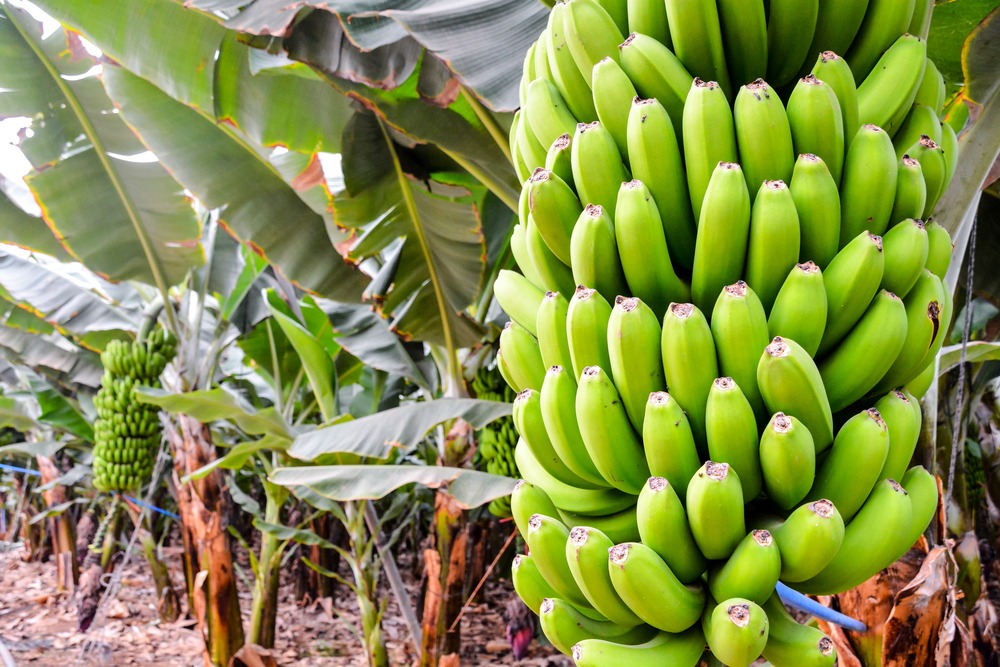Agriculture-related gene editing startups have raised over $2.7 billion since 2012, and while the segment has suffered from the recent venture capital downturn, there are signs of a potential recovery in 2024.
In the first half of this year, agriculture gene editing startups raised just over $161 million across six deals, a considerable improvement over the same period in 2023 when they raised around $46 million.
While $40 million of the H1 2024 went to a single deal, even after removing that figure startups raised 206% more in the first half year-over-year.
Deal activity is also rising, with H1 2024 seeing as many deals as recorded for all of 2023. H1 2024 numbers are also higher than H1 2022 by 140%, though time will tell if 2024 will beat the $241 million raised in FY 2022.
Even so, investment in agricultural gene editing startups is still far below pre-Covid levels going all the way back to 2018. Only in 2017, when agriculture gene editing startups raised $58 million, do we find a figure lower than that of the present. It’s also worth nothing that 2017’s dip came after a previous spike of $374 million in 2016.
Examining past years, we see a more balanced distribution of deals between the first and second halves. In 2022, H1 accounted for six out of 12 deals. 2021 saw 6 out of 14 deals in H1, while 2020 had 7 out of 15. This historical pattern suggests a relatively even spread across the year in normal scenarios. Given this trend, it's unlikely that 2024 will replicate the sharp intra-year decline observed in 2023.
The agriculture gene editing industry has so far raised more than $ 2.72 billion since 2012, according to AgFunder data. Many in the ag biotech sector believe that it might be one of the most promising areas of agtech, as recent increases in precision and reductions in cost have pushed the boundaries of research forward with remarkable speed, improving precision and efficacy.
One such example is from Ohalo Genetics' "boosted breeding" technology, which deploys proteins to effectively switch off the mechanism that splits the genes in each parent. Tropic is another, with its gene editing-induced gene silencing (GEiGS) technology that leverages RNA interference to combat a range of diseases and pathogens in the crops.
Gene-editing technology has the potential to reshape agriculture, allowing companies in the sector to develop new crop varieties that can significantly outperform current ones. Gene-edited crops can be made resistant to pests and drought, or able to adapt to previously hostile environments, like rice growing in salty waters. In addition, gene editing can increase the yield and quality of crops.
Gene editing also presents a significant advantage on the regulatory side, offering seed companies a method to enhance food crops without triggering the "genetically modified" classification, as it doesn't introduce foreign genetic material into a crop's DNA, which would typically prompt USDA regulation to label them as GMO.
The European Union at the moment is still regulating gene-edited products as genetically modified, creating a less favorable environment in the region.
This could explain why in the geographical distribution of funding deals the Americas clearly dominate the industry, with 81.9% of the funding ($ 2.23 billion), followed by Asia with 13% ($ 354.31 million) and Europe with only 5% ($ 136.69 million).
Notwithstanding the regulatory challenges, European institutions are recognizing the importance of this technology and supporting research projects via grants and other contributions. In July, the Ancient Environmental Genomics Initiative for Sustainability (AEGIS) project was awarded $85 million of which $72 million from Danish nonprofit Novo Nordisk Foundation and the remainder from the Wellcome Trust, a UK charity. The project has the ambitious goal of mapping the entire planetary genome using DNA fragments dating back thousands of years, thus building a genomic map of the evolution of biodiversity on our planet. This type of knowledge base could serve as a foundation for the development of newer varieties based on evolutionary information.
Taking a closer look at deal activity in 2024, the three largest rounds of H1 were secured by American companies. In January, Inari raised $103 million in a late-stage round, while Ohalo Genetics secured around $40 million with a series A deal; BioConsortia raised $ 15 million in a late round in April, while Israeli GeneNeer was fourth with a $ 1 million seed deal raised in January.
In 2023 all the top four deals took place in H1, when Elo Life Systems raised $24.5 million and Inscripta raised a $4,4 million late round. The two US-based companies were followed by a seed deal for Brazilian startup Symbiomics ($2.15 million) and another seed round for Chinese Sanmi Biotechnology ($1.4 million).
Below is a table presenting the sector's most well-funded companies.





